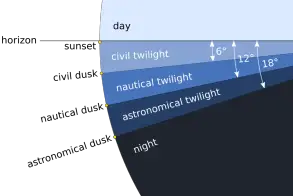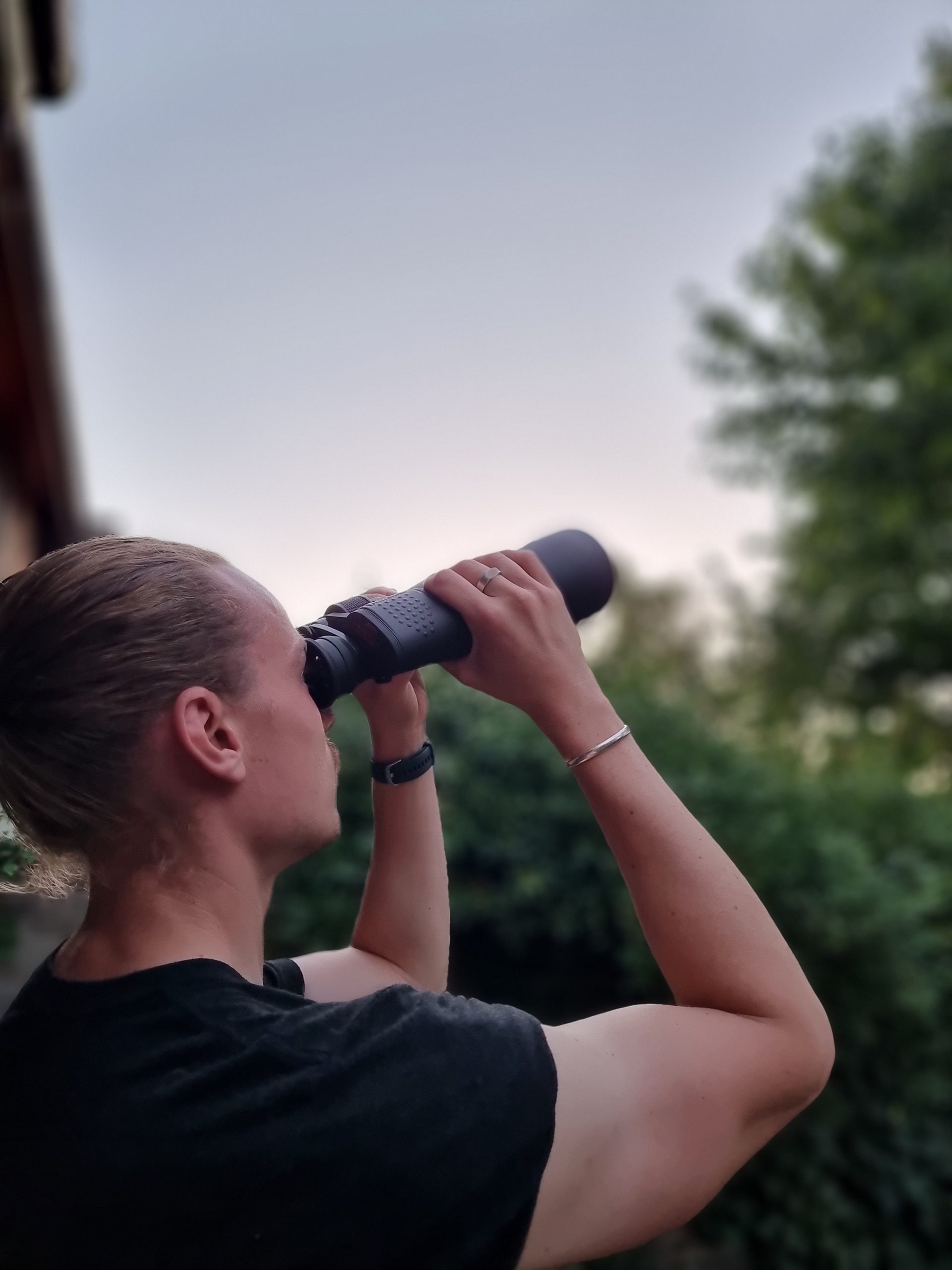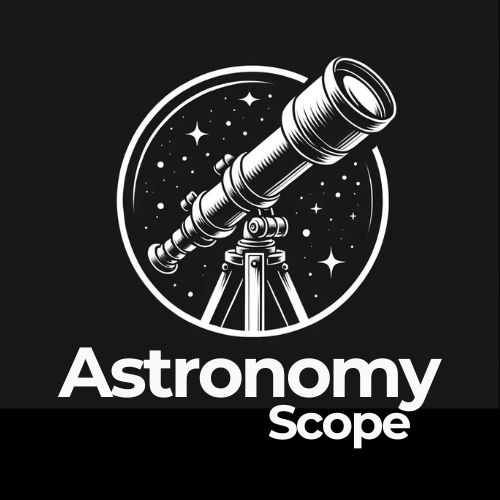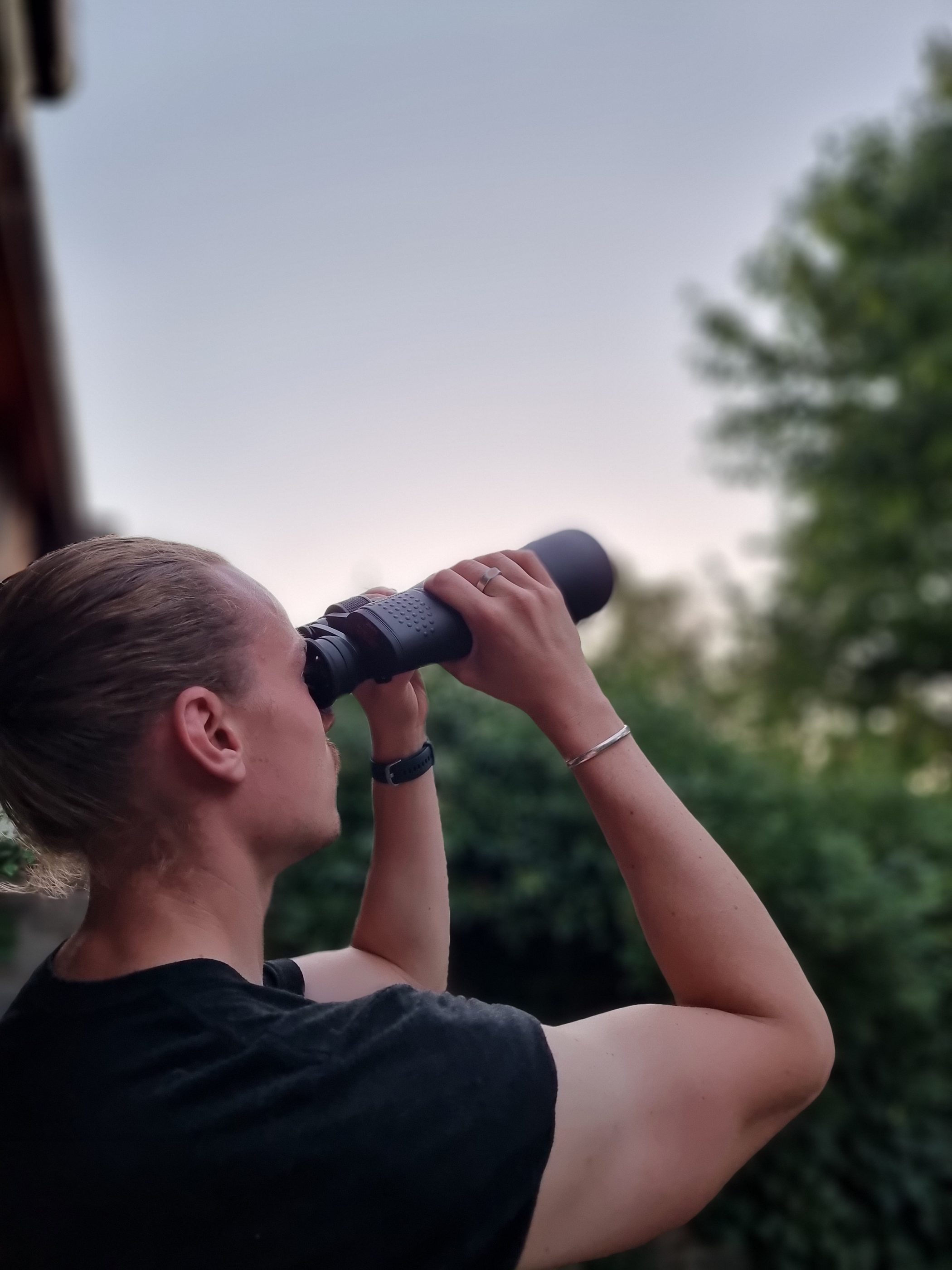Sunset and dusk are both something we all experience daily. But what is the difference between them? I noticed that these two terms can often get confused, so I spent some time learning all that I could about them and the main differences between the two. I will be sharing all that I found here today.
So what is the difference between sunset vs dusk? Dusk is period of time, whereas sunset is an event that occurs just before this time. In other words, dusk is a process whereby day becomes night and sunset is the specific point that the sun drops below the horizon and out of view.
Let us now take a closer look at both sunset and dusk in further detail, before moving onto some other similarly related questions you may have around the close of day.
What Is Sunset?
Sunset, which sometimes is referred to as sundown, is the time in the evening when the sun drops below the horizon. This is due to the Earth’s rotation around the sun.
In astronomy, the exact time sunset occurs is when the upper limb of the sun drops below the horizon.
Although, due to atmospheric conditions, sunlight is distorted to the extent where the sun is typically around one diameter below the horizon when the sunset is seen.
The time of sunset changes routinely across the year, depending on the following factors:
- Observers position on Earth,
- Observers location on earth (longitude, latitude, and elevation)
- Tilt of earth,
- Daily rotation of Earth,
- Earths movement and orbit around the sun,
- Earth and moons linked revolutions to one another.
These factors mean that the Winter and Spring have the shortest days, with earlier sunsets.
Whereas, Summer and Autumn have the longest days, with later sunsets.
For people within the Northern Hemisphere, the latest sunset will occur during June/July.
But for those in the Southern Hemisphere, the latest sunset occurring during December (as the seasons are reversed).
Sunset is classified as a separate phenomenon from twilight, which is divided into three stages:
- Civil twilight: which starts the moment the Sun drops below the horizon. This period continues until the Sun has descended at least 6 degrees below the horizon.
- Nautical twilight: Is the second phase, which begins when the Sun is between 6 and 12 degrees below the horizon,
- Astronomical twilight: which is the period when the Sun is at least 12 degrees below the horizon, but no more than 18 degrees.

What Is Dusk?
Dusk generally refers to the process and transition from day- to-night.
However, astronomically, dusk starts at the very end of astronomical twilight.
Dusk is the darkest moment of twilight, just before it becomes the night.
Night-time is classified as the moment when the Sun reaches 18 degrees below the horizon.
At this point, it will no longer illuminate the sky.
Difference Between Sunset And Dusk
The main difference between sunset and dusk is that dusk is considered the process and transition to the night, whereas sunset is a specific point that proceeds it.
The setting of the sun can also be physically observed, whereas dusk is experienced.
Either way, both occur every night and take place at different times depending on an individual’s location (longitude, latitude, elevation, and hemisphere).
The same can be said and seen in the morning and ‘sunrise’; where the sun rises at the start of each new day.
Is Sunset Before Or After Dusk?
Sunset occurs before dusk.
In fact, it is the setting of the sun that in effect, allows dusk to be a phenomenon and the impetus for it to exist.
As the sun drops down below the horizon, the process of night begins.
Is Dusk And Twilight The Same?
Dusk and twilight are not the same.
Twilight is the period that follows sunset, until the start of dusk.
During twilight, you will still notice the light in the sky.
Dusk, however, occurs when the Sun is at 18 degrees below the horizon; and there will no longer be any sunlight in the sky.
Finally
As you can see, sunset and dusk are clearly different things, even if they happen at a very similar time!
The best way to remember the difference is that sunset comes first. It is an observable event, whereas dusk is a process and the transition of day to night.
In many ways, this question is the exact equivalent of dawn vs sunrise; which is also worth understanding and taking a look at too!

Hey, my name is Jeremy. I’m a passionate and seasoned astronomer who loves nothing more than observing the night sky. I also love researching, learning, and writing all things Space and the Universe. I created Astronomy Scope to share my knowledge, experience, suggestions, and recommendations of what I have learned along the way while helping anyone to get into and maximize their enjoyment of the hobby.

